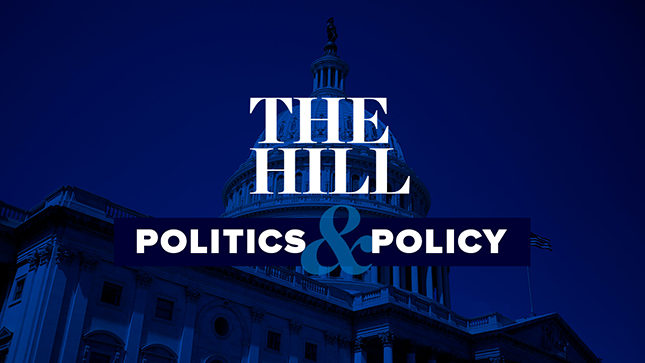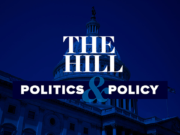This piece originally appeared in The Hill on January 31, 2020.
Can voters handle exposure to unfettered speech? Some politicians will say the answer is no. They believe limiting your right to hear from certain speakers is the key to achieving their policy goals. That is a main reason many of these lawmakers want to overturn Citizens United v. Federal Election Commission, which just marked its tenth anniversary. In that decision, the Supreme Court told Congress that it could not ban speech simply because the source of that speech was a corporation or a union.
While some lawmakers will blame their inability to achieve just about any part of their agendas on Citizens United, legislation to address climate change is commonly cited. Senator Tom Udall and Representative John Sarbanes recently asserted that, due to the decision, Congress has failed to address the climate crisis. Senator Sheldon Whitehouse is very fond of claiming that Citizens United derailed bipartisan support for legislative action on climate change. “As 2010 dawned, there was every reason to think a bipartisan climate bill could pass,” he declared. “Suddenly, at once, it all fell apart.” He said the reason was the ruling in Citizens United.
It is true that, before 2010, some climate legislation received votes from Republicans and Democrats. But both Republicans and Democrats also opposed those bills. In fact, more Democrats voted no than Republicans voted yes. When Senator John McCain and Senator Joseph Lieberman introduced legislation in 2003 to limit carbon emissions, that bill was defeated with 10 Democrats voting no and six Republicans voting yes.
The same duo introduced a similar bill in 2005. It was again defeated with 11 Democrats voting no and with six Republicans voting yes. In 2007, when Democrats controlled both chambers, an amended version of the bill died in committee, as did the Global Warming Pollution Reduction Act. In that same Congress, the Climate Security Act failed to overcome a Republican filibuster with four Democrats voting not to invoke cloture. The 2009 bill that Whitehouse noted passed the House with 44 Democrats voting no and eight Republicans voting yes but never went to a vote in the Senate.
No fair analysis of this history could blame a Supreme Court decision a decade ago for a sudden lack of bipartisan consensus on climate policy. Indeed, there was more bipartisan opposition than support for climate legislation in the run up to 2010. A similar history of partisan divide exists for the other hot button issues that politicians blame Citizens United for thwarting action on, from gun control to health care to tax policy.
The theory advocated by Whitehouse and some opponents of Citizens United is that other lawmakers would support their views if not for this ruling. The decision supposedly allowed speech that made it harder for their views to become law. History shows this theory is wrong. However, their outlook also demonstrates a dim view of voters. Would Whitehouse oppose action on climate change to appease a politically active group and not worry about the voters during his next election? Of course not.
Yet he and others like him appear to believe lawmakers can consistently take positions that voters oppose and still win reelection. If a majority of constituents feel strongly about the need for new laws on climate change, they can vote their representative out for blocking climate action. That is how representative democracy works. The theory of Whitehouse relies on the belief that decisions by voters are a direct result of their exposure to advertising. You would think elected officials trust voters more than that.
The remedy to lawmakers acting against the interests of constituents is the right to vote. But the right to cast an informed vote is harmed when the government determines who can and cannot speak. Citizens United protects the right to speak and the right to hear speech. To blame free speech for policy failures calls into question faith in democracy itself.














